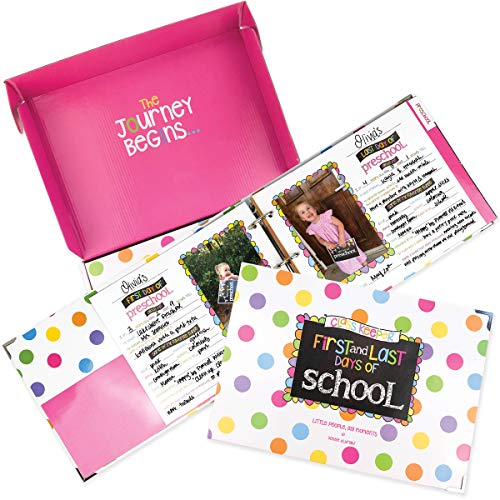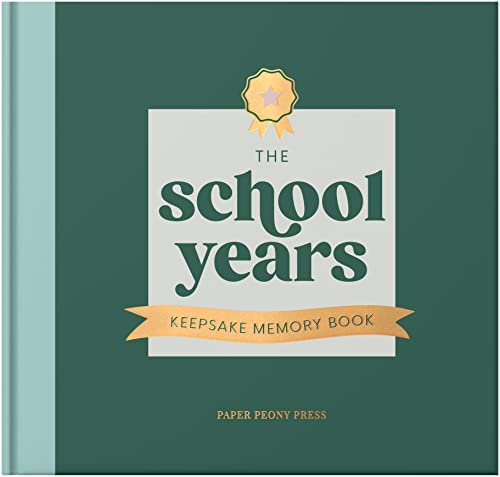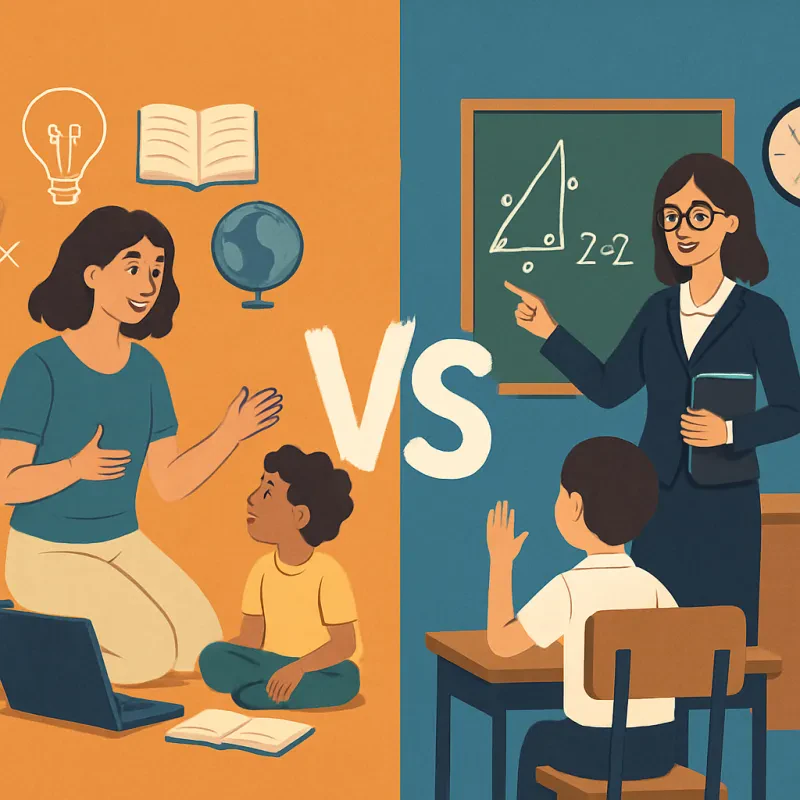So, you're diving into the world of homeschooling and wondering what all the buzz is about unschooling. Let’s break it down in simple terms. Homeschooling, at its core, is an educational choice where parents take on the responsibility of teaching their kids at home rather than sending them to traditional school. This can be customized in so many ways, fitting each family's unique needs and values.
Now, when we talk about unschooling, we're exploring a different approach. What is unschooling? It's a philosophy of education that emphasizes learning through life experiences rather than a structured curriculum. The idea is that children are naturally curious and will learn what they need to know when they’re ready, often through exploration and hands-on activities. So, in unschooling, there’s a lot less focus on textbooks and formal lessons.
Understanding unschooling meaning helps clarify its approach. It’s all about trusting kids to pursue their interests, which can lead to deep, meaningful learning. Parents act more as facilitators than traditional teachers, providing resources, support, and opportunities for their children to learn. This can include field trips, projects, or even just conversations that inspire curiosity.
To sum it up, while both homeschooling and unschooling can offer flexibility, the focus on child-led learning is what sets unschooling apart. If you're looking into these educational paths, understanding the unschooling definition will help you decide what works best for your family. It's all about finding the right fit for your child's learning style and your family's lifestyle!
Click Here to Check Out All of My Unschooling Resources!
Exploring Unschooling Principles
So, what is unschooling? It’s a term that might sound a bit new to you, but it’s all about learning in a way that feels natural and engaging. Instead of a structured curriculum, unschooling gives kids the freedom to explore their interests at their own pace. Think less “sit at a desk with a textbook” and more “follow your curiosity wherever it leads.”
The unschooling definition emphasizes the role of the child in their own education. Parents act more like guides or facilitators rather than traditional teachers. They help provide resources, experiences, and opportunities for learning rather than a strict schedule of lessons. This means that if your child is obsessed with dinosaurs, for instance, you could dive into activities like field trips to natural history museums, watching documentaries, or even creating dinosaur-themed crafts!
Now, you might be wondering about the unschooling meaning in practical terms. It often includes hands-on learning and real-world experiences. Whether it’s baking a cake to learn measurements or visiting local businesses to understand how they operate, the focus is on making learning relevant and fun. It encourages kids to ask questions, seek answers, and learn through doing, which can spark a love for learning that lasts a lifetime.
Overall, unschooling embraces flexibility and adapts to each child’s unique needs and interests. It’s not about throwing out education altogether; instead, it’s about redefining how learning happens. If you’re considering this path, keep in mind that the goal is to provide a supportive environment where curiosity thrives!
Click Here to Check Out All of My Unschooling Resources!
Key Differences Between Both Styles
When we dive into the world of alternative education, two popular styles that often come up are homeschooling and unschooling. Both approaches are about taking learning outside of traditional school settings, but they’re quite different in how they operate. Understanding these differences can help you decide which one might be right for you or your family.
Homeschooling typically follows a more structured approach. Parents often use set curriculums and lesson plans, similar to what you'd find in a regular school. This means there are defined subjects, grades, and assessments. If you’re looking for a clear path to cover educational standards, homeschooling might be the way to go. Parents can tailor the curriculum to their child’s needs, but it still maintains a level of structure.
On the flip side, unschooling is all about learner-driven education. When asking what is unschooling, it’s important to note that this style encourages children to explore their interests at their own pace. Unschooling doesn’t rely on traditional subjects or standardized tests. Instead, it focuses on real-life experiences and personal discovery. The unschooling meaning emphasizes freedom, creativity, and self-directed learning.
Click Here to Check Out All of My Unschooling Resources!
Benefits of Each Learning Approach
Homeschooling typically follows a structured curriculum, allowing parents to choose lessons, subjects, and a schedule that works best for their children. This method offers a range of benefits:
- Customizable Learning: Parents can tailor lessons to fit their child’s interests and learning pace.
- Flexible Scheduling: Families can adjust learning hours to suit their lifestyle, allowing for more family time or field trips.
- A Focus on Core Subjects: Students can dive deep into subjects that are often emphasized in traditional schools, like math, science, and language arts.
Now, if you’re curious about unschooling, let’s discuss its appeal. The unschooling definition revolves around a more spontaneous and interest-led learning approach, which means education is built around a child’s natural curiosity. Here are some advantages:
- Empowerment of Choice: Kids get to choose what they want to learn, leading to greater motivation and engagement.
- Real-World Learning: Unschooling often involves hands-on experiences and learning through play, fostering practical skills that come in handy in everyday life.
- Nurturing Creativity: With the freedom to explore, children can think outside the box and develop creative problem-solving skills.
Both approaches have their merits, and understanding their benefits helps families decide what fits best. Whether you lean toward structured learning or follow your child's passions, each method contributes valuable experiences that shape their education journey.








